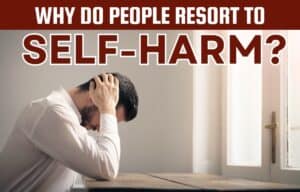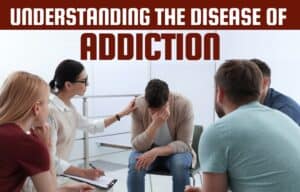
How is My Partner’s Addiction Affecting Me?
Addiction as a disease never discriminates against anyone. The only purpose it has is to degenerate and disintegrate where it has established its roots. ..
Relationships, though beautiful and fulfilling, are not immune to challenges. When relationships reach a point of failure, there is often unspoken pain beneath the surface. This article delves into the psychology behind these conflicts and highlights the crucial role that counselling can play in addressing and resolving them.
By understanding the psychological dynamics at play and seeking professional help when needed, individuals can navigate the difficult terrain of failing relationships with greater understanding and potential for healing.
Failing relationships are often rooted in complex psychological factors that can contribute to ongoing conflicts and emotional distress. One significant aspect is the breakdown of communication and emotional connection. Over time, partners may find it difficult to express their needs, wants, and concerns effectively, leading to misunderstandings, resentment, and feelings of neglect.
Consequently, lack of respect, loss of trust and varying goals in life can damagingly impact relationships. Partners may feel at a loss with each other, making room for doubt and uncertainty. Disagreeing with each other is quite common, after all, that is what makes us human, our differences, but what does it mean when your partner is unable to respect your point of view?
Unresolved conflicts and pent-up emotions can also erode the foundation of a relationship. If issues are left unaddressed, they can fester and create a cycle of negativity, gradually eroding trust and intimacy. Moreover, unresolved past traumas or attachment issues from childhood can unconsciously influence behaviours and perceptions within a relationship, further exacerbating the challenges.


Failing relationships can be painful, but understanding the psychological dynamics involved and seeking professional help can make a significant difference. Counselling offers a path for couples to navigate challenges, foster better communication, resolve underlying issues, and rebuild trust and intimacy. By investing in their relationship and seeking therapy when needed, individuals can work towards healing and creating a stronger, more fulfilling partnership.
If you are facing issues in your relationship, schedule an appointment with the nearest psychiatrist or relationship expert. You can also reach out any best rehab centre in India for better advice for handling your relationships. If you are going through any mental stress, don’t handle it alone. Ask for help in any case.

Addiction as a disease never discriminates against anyone. The only purpose it has is to degenerate and disintegrate where it has established its roots. ..

In recent times I have seen many of my clients resorting to self-harm …

Many a time, a family brings their patient to me, explaining how their patient despite the best of their efforts is not able to quit….

Stress is a functional part of life. Without stress, we might not be able to perform actively…
WhatsApp us